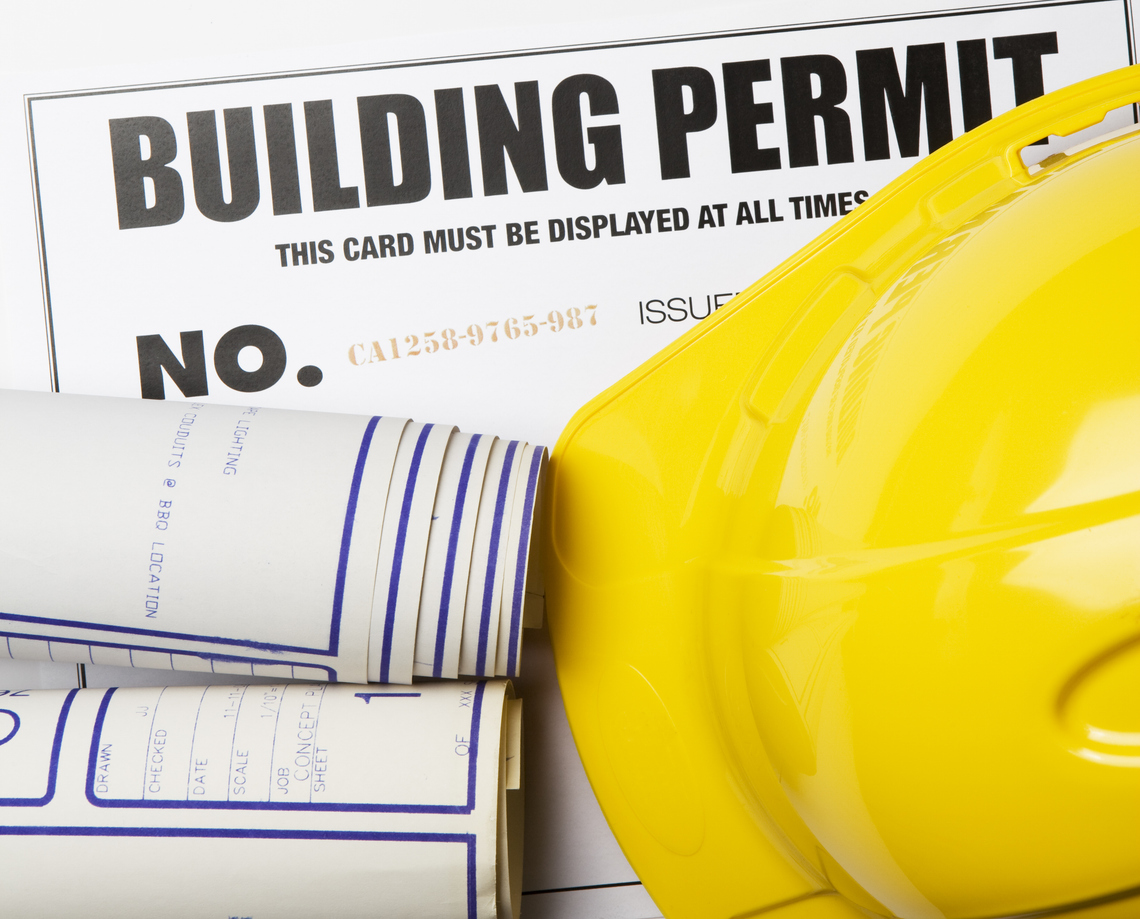The Texas Association of Public Insurance Adjusters (TAPIA) held its first meeting in Houston, Texas, yesterday. I was happy to see that the organization has dedicated itself to a mission of protecting policyholders. I was also happy that Mary Fortson, of our firm, was selected as its General Counsel.
Public adjusters can do a lot of good for policyholders. Their ability to do so can be highly controversial with the legal bar. Knowing insurance law is as important to a public adjuster as knowing criminal search and seizure law is to a police officer. However, neither may practice law.
The National Association of Public Insurance Adjusters (NAPIA) had a long time general counsel, Paul Cordish. Although deceased, his legacy endures with a Cordish legal writing award to a law student writing the best legal paper on an insurance subject designated by NAPIA. NAPIA presents this award at its annual meeting, and the law student provides a presentation of his or her legal work.
Every six months at every NAPIA mid-year and annual meeting, Cordish presented his views on the current state of public adjusting throughout the country. Cordish always provided wisdom and true insightful thoughts. Many of us miss him greatly.
Today, Brian Goodman performs the same function as General Counsel to NAPIA and does a wonderful job eloquently expressing many of the same messages to the general membership as Paul Cordish. In my view, NAPIA has been blessed by these two attorneys providing terrific counsel to a profession often under attack by the insurance industry and then by the legal bar.
Mary Fortson provides oversight to our firm regarding ethics and logistical oversight of our attorneys. She has attended many NAPIA meetings over the past decade and has heard one clear message from Brian Goodman to all public adjusters, the same message Paul Cordish gave over the five decades he was NAPIA’s general counsel. That message is:
Do not practice law if you are a public adjuster. The unauthorized practice of law represents the most serious threat to public adjusters as a profession because the bar associations may limit or prevent the activities of public adjusting under the guise of protecting the public.
So, I was not surprised when Mary Fortson and TAPIA’s first President, Jim Beneke, asked me to provide a one hour presentation on the unauthorized practice of law at TAPIA’s first meeting. It is an important subject and one professional public adjusters take very seriously.
While I will not provide a detailed analysis of this topic in a limited blog, my view is that many public adjusters hear the warnings, but they still practice law everyday in letters and phone calls. Most of the offenses come in advocating legal issues and coverage disputes with insurance adjusters. The other major offenses come at the time of providing advice to policyholders as to which legal resolution process should be taken to resolve disputes. Advocating a legal position and telling a policyholder to file or not file a lawsuit are acts of practicing law that are routinely breached by well meaning public insurance adjusters.
Over the past year, I have given the same presentation four times. Each time I cringe as I provide examples to the audience of what may constitute the unauthorized practice of law because I can see that public adjusters in the audience are squirming as I explain what they do is illegal–and I am a friend.
The truth is that many insurance company adjusters could make life horrible for those public adjusters who routinely write long legal dissertations about an interpretation of coverage with case law and statutes. I am surprised more public adjusters do not become grieved to the department of insurance and the local bar association.
Most professional public adjusters do not get themselves into this predicament. My hope is that my message and warning will save other public adjusters from the turmoil of such accusations in the future.



